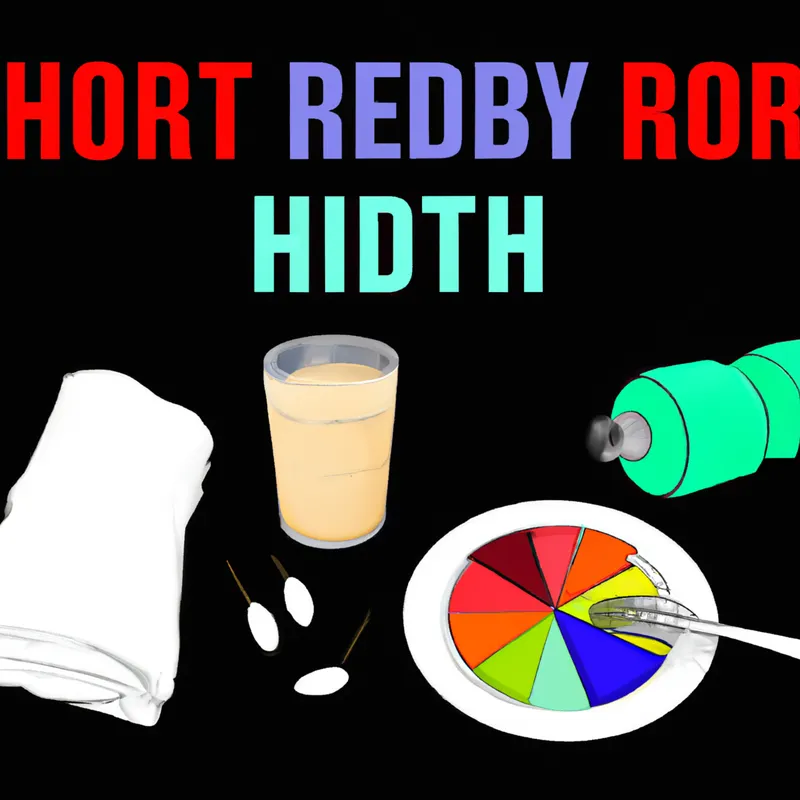Nourish Your HIIT: Fuel Up for Recovery
Nutrition and Recovery Strategies for HIIT Athletes: Fueling Performance and Enhancing Recovery
High-Intensity Interval Training (HIIT) presents unique challenges for athletes. HIIT athletes need targeted nutrition and recovery strategies to optimize performance. Proper fueling enhances workout efficiency and promotes quicker recovery. Let’s explore essential tips and benefits for HIIT athletes.
Understand Your Nutritional Needs
HIIT athletes have specific nutritional requirements. Their bodies burn significant energy during intense workouts. Thus, they must fuel with the right nutrients.
Carbohydrates: Your Primary Fuel Source
Carbohydrates provide vital energy for HIIT athletes. They deliver quick energy for high-intensity bursts. Choose complex carbohydrates like whole grains, fruits, and vegetables. These options sustain energy levels during training sessions.
Protein: Supporting Muscle Repair
Your muscles need repair after intense workouts. Protein plays a crucial role in this process. Include lean protein sources like chicken, fish, tofu, and legumes. Aim for 20-30 grams of post-workout protein to support muscle recovery.
Fats: Essential for Overall Health
Many overlook fats in athletic diets. Healthy fats support hormone production and overall health. Incorporate avocados, nuts, seeds, and olive oil into meals. These fats provide long-lasting energy and help reduce inflammation.
Optimize Meal Timing
Meal timing significantly impacts performance and recovery. When you eat can matter as much as what you eat.
Pre-Workout Nutrition
Consume the right foods before your HIIT session to enhance performance. Aim for a meal rich in carbohydrates and moderate in protein about 1-2 hours before training. This approach ensures your body has the necessary energy.
Post-Workout Nutrition
Post-workout nutrition is critical for recovery. Consume a meal rich in carbohydrates and protein within 30-60 minutes after exercising. This window optimizes muscle repair and replenishes glycogen. Smoothies, protein shakes, or balanced meals work well.
Stay Hydrated
Hydration plays a vital role in performance and recovery. You lose fluids through sweat during intense exercise. Replenishing these fluids is essential for maintaining peak performance.
Importance of Electrolytes
Your body loses water and electrolytes during HIIT. Sodium, potassium, and magnesium are crucial for muscle function. Consume sports drinks or electrolyte-rich foods to maintain balance. Consider adding coconut water or electrolyte tablets to your routine.
Monitor Hydration Levels
Track your hydration levels regularly. Check the color of your urine for hydration status. Light yellow indicates good hydration, while dark yellow suggests you need more fluids. Always listen to your body’s thirst signals.
Incorporate Recovery Techniques
Recovery is as important as the workout itself. Use effective recovery strategies to enhance performance and prevent injuries.
Active Recovery Days
Incorporate active recovery days into your training schedule. Include light activities like walking, yoga, or swimming. Active recovery improves blood flow and reduces muscle soreness.
Sleep: The Ultimate Recovery Tool
Never underestimate sleep’s power. Quality sleep is essential for muscle recovery and overall health. Aim for 7-9 hours of sleep each night. This allows your body to repair and rebuild for the next training session.
Stretching and Foam Rolling
Add stretching and foam rolling to your routine. These techniques reduce muscle tightness and improve flexibility. Spend a few minutes after each workout to stretch major muscle groups and release tension.
Benefits of Proper Nutrition and Recovery
Focusing on nutrition and recovery offers significant benefits. Proper fueling enhances workout performance, allowing you to push harder and achieve better results. Effective recovery strategies minimize injury risk and enhance muscle repair.
By prioritizing nutrition and recovery, HIIT athletes can improve endurance and strength. They also optimize overall well-being, leading to more enjoyable training experiences.
Conclusion
In conclusion, nutrition and recovery strategies are crucial for HIIT athletes. Understand your nutritional needs, optimize meal timing, stay hydrated, and incorporate effective recovery techniques. By prioritizing these strategies, you can fuel your workouts and support recovery, paving the way for long-term success. Embrace these practices and watch your athletic performance soar.
Below are related products based on this post:
FAQ
What are the primary nutritional needs for HIIT athletes?
HIIT athletes require a balanced diet rich in carbohydrates, protein, and healthy fats. Carbohydrates serve as the primary fuel source, providing quick energy for intense workouts. Protein is essential for muscle repair, and healthy fats support overall health and hormone production.
How important is meal timing for HIIT performance and recovery?
Meal timing is critical for HIIT athletes. Consuming a meal rich in carbohydrates and moderate in protein 1-2 hours before workouts enhances performance. Post-workout, it’s important to eat a nutrient-rich meal within 30-60 minutes to optimize muscle repair and replenish energy stores.
What recovery techniques should HIIT athletes incorporate?
HIIT athletes should include active recovery days with light activities, prioritize quality sleep (aiming for 7-9 hours per night), and incorporate stretching and foam rolling to reduce muscle tightness. These strategies help enhance recovery, minimize injury risk, and improve overall performance.















Post Comment